Rooftop HVAC Unit Replacement (RTU)
No rooftop HVAC unit (RTU) lasts forever. Sooner or later, it will need to be replaced. When that day comes – and it will, you as a facility manager/owner will find yourself in one of two situations:
1) Prepared
, which means you planned this replacement in advance, budgeted for it and maximized the equipment and labor savings associated with it; or
2) Unprepared
, which brings with it some unpleasant consequences. HVAC equipment represents a significant investment for building owners, both up-front and over time. Like any piece of equipment or machinery, it must be maintained and cared for. But, it eventually will reach the end of the road, even with the most attentive care. So, just as you plan and budget for repair and replacement of other equipment and systems throughout your facility or facilities, you should include HVAC replacement in that planning calculus.
At first glance, replacing HVAC units may seem like a necessary evil – just another big capital expenditure that cuts profitability. At 247 Local HVAC, we view it differently. In fact, we believe that planned replacement can help you save money – lots of it – and keep your business healthy and profitable by keeping your occupants healthy and happy in their work space.
How so? Consider the advantages of planned replacement:
• Better pricing:
If you’re proactive in planning unit replacements, it’s possible to get great pricing on units, especially if you purchase multiple units. Consider several national retailers. Every January, they solicit bids to replace hundreds of HVAC units in their stores throughout the country. The companies then spend two months negotiating with bidders to get the lowest price – then pulls the trigger in March, well before the summer heat kicks in. As a result, companies achieve total control over the replacement timing, process and cost.
• Labor savings:
Likewise, planning unit installation in advance can save on labor costs, since you’re not calling on technicians to do the work at the last minute.
• Shipping savings:
When multiple units are replaced, you save on shipping costs.
•
Minimal facility disruption:
You can schedule replacements well in advance, with minimum disruption to your facility or its occupants. Scheduled replacements can also be coordinated with ceiling and roof replacements, thus reducing disruption even more.
• Salvage opportunities:
If you replace some units on a roof, you can save the good compressors and motors for use on other units, if practical.
• Budget control:
Planned replacement allows you to know what you’ll be spending in advance. This can help you make smart decisions in every area of your budget.
• Sound management:
Planned replacement allows you to get the equipment you want with the options you need.
Rooftop HVAC Unit Replacement
It all adds up to a pretty convincing case, we think. Yet every day in the field, we see units that are literally decades old, churning away – some in particularly harsh environments. Most will continue to do so until they either break down and need emergency repair, or fail completely and need replacement. And with that comes the ‘unpleasant consequences’ which we alluded to earlier:
• Higher installation and repair costs:
When a unit isn’t working, you can’t afford to sit around and negotiate labor costs. You need to get that unit, or a new unit, up and running – now. Doing so
means paying for emergency labor.
• Higher unit pricing:
You’ll likely pay significantly more for a replacement unit or units if you’re compelled to buy immediately. You won’t have the luxury of time to shop around, negotiate and use the power of time to your advantage.
• Higher energy costs:
Older units burn more energy than newer units. They simply don’t run as efficiently, so they must operate longer – and burn more energy – to achieve desired temperatures within a given space. You may keep that unit running a while longer; but added operating costs probably aren’t worth it.
• Reduced budgeting control:
It’s hard to establish and maintain budgets when variables like unit repair and replacement aren’t accounted for.
• Customer and Employees disruption and dissatisfaction:
When units don’t work, customers and employees aren’t happy. And when they aren’t happy, your business suffers.
Building a replacement management program takes planning on your part; it requires doing up-front math to help you make a strong case to ownership and management using bottom-line numbers; and it means embracing a long-term perspective on the part of everyone involved. In the end, you’ll get maximum performance and return from your HVAC unit operationally and financially.
It’s not Magic, It’s Logic! Contact Vasi Now!
Save
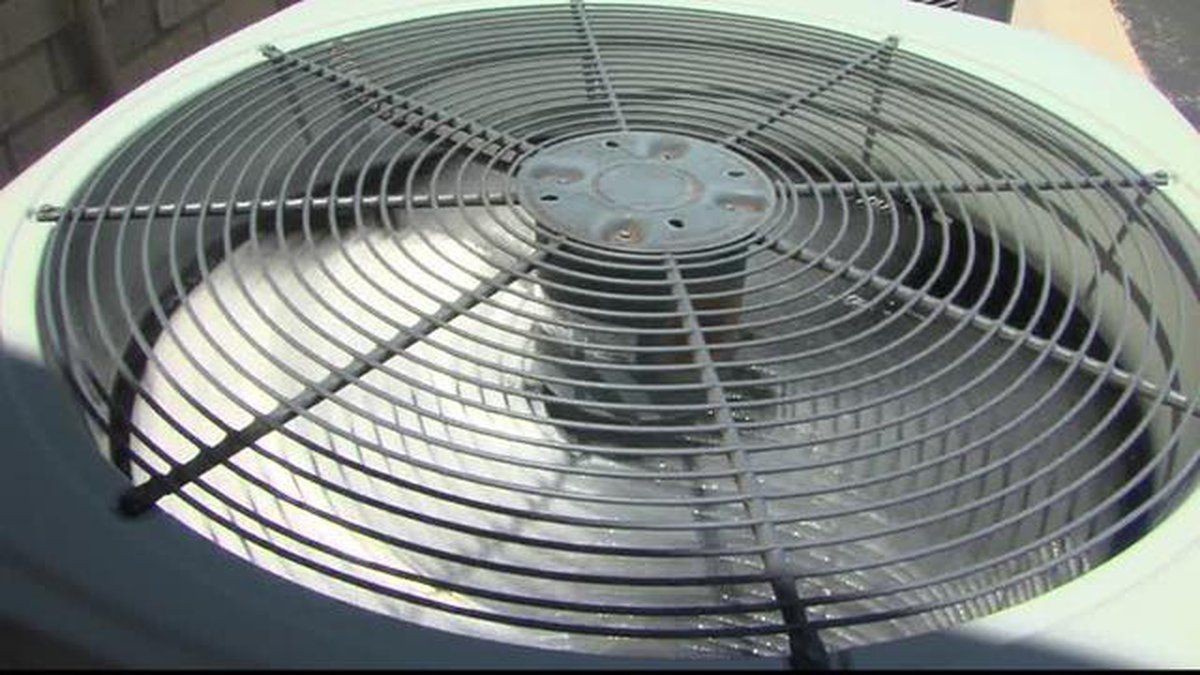

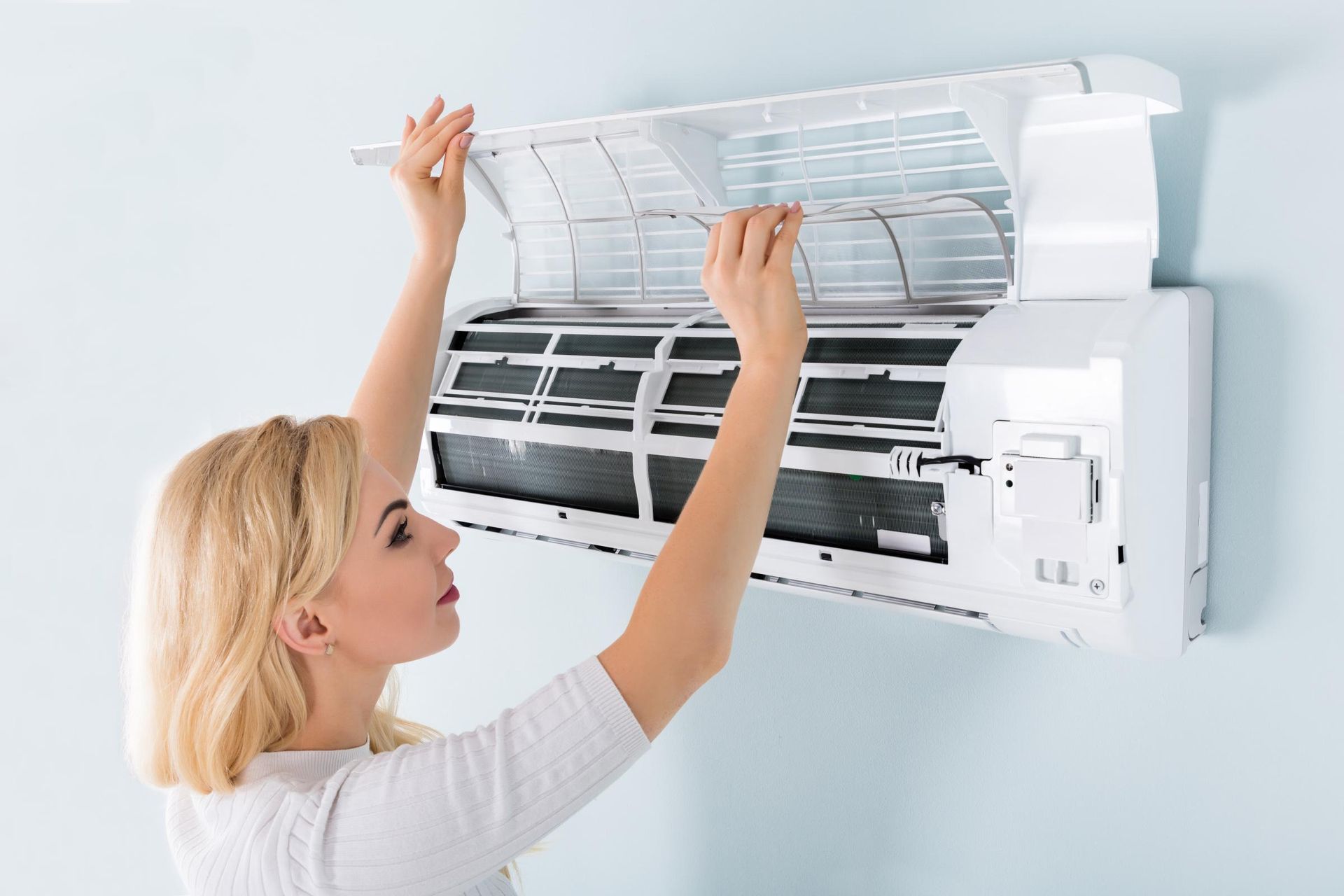
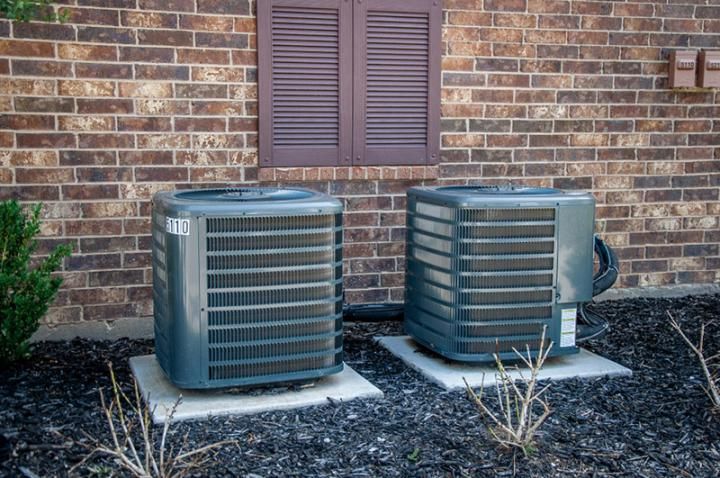

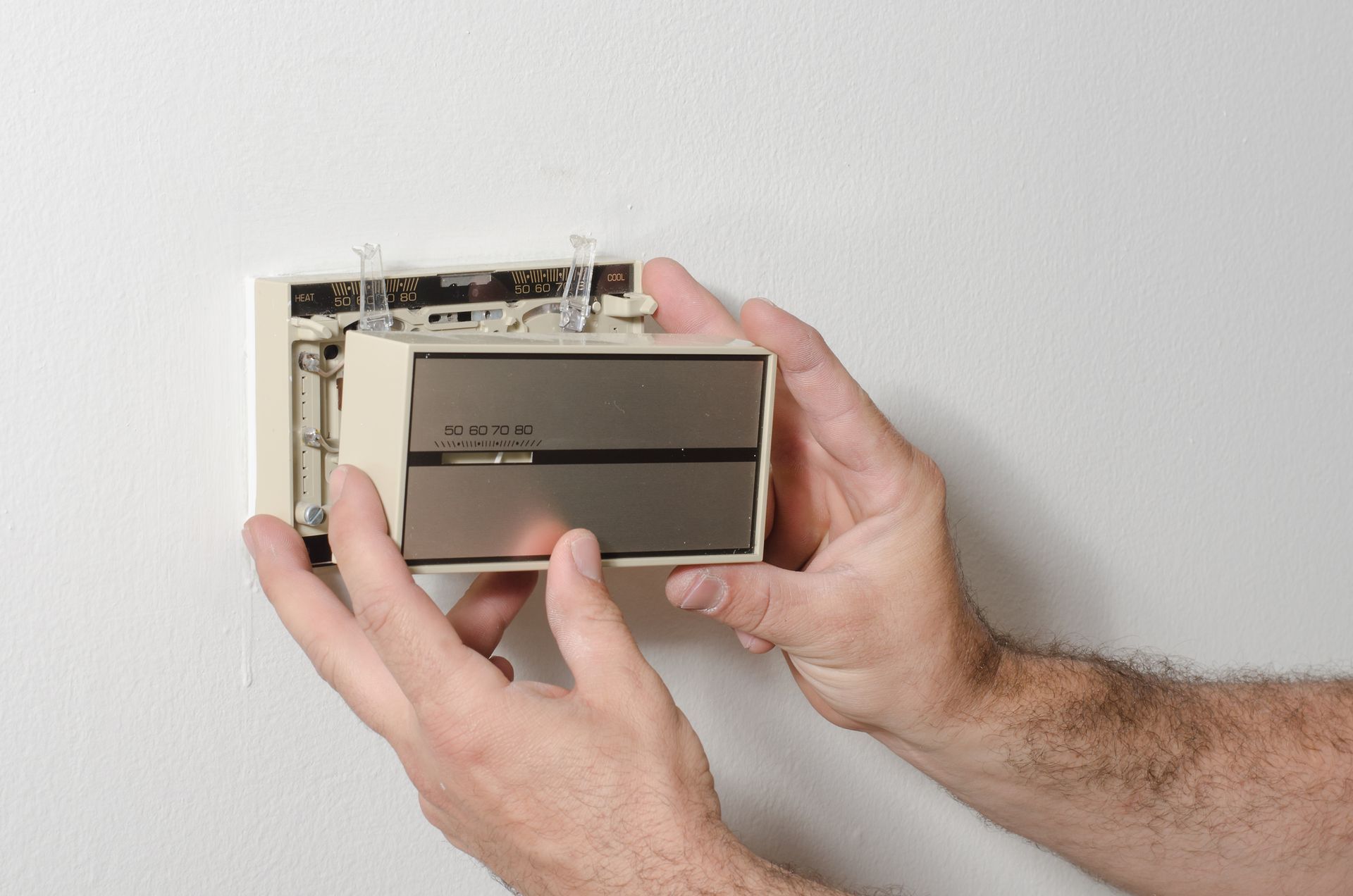

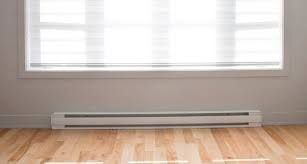
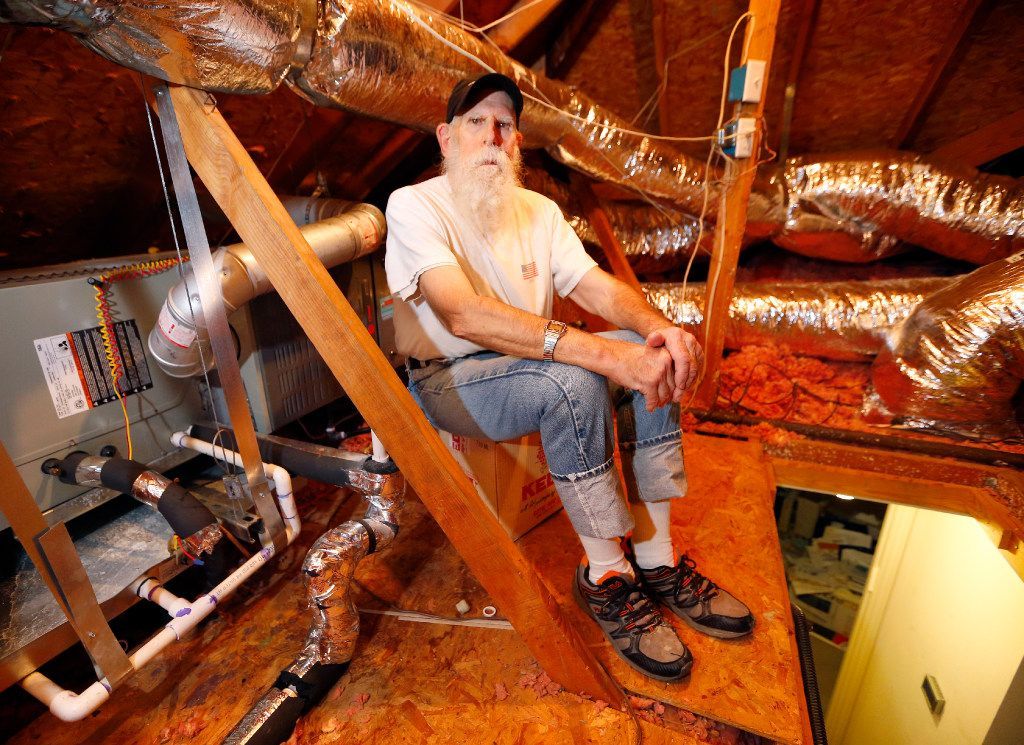

At 24/7 Local HVAC, we specialize in facilitating connections with top-tier HVAC professionals. Our focus is on bridging the gap between you and reputable HVAC companies operating within your local vicinity. It's important to emphasize that each of these HVAC entities functions independently and autonomously.
We firmly place the onus on every individual user to meticulously verify that any selected HVAC company aligns with the mandated licensing and insurance prerequisites stipulated by the governing authorities in their respective jurisdiction.
Furthermore, it's worth noting that our services may regrettably not cover all geographical areas. In instances where our services are available, the scope of offerings could potentially differ based on the composition of service providers present within that particular region.

